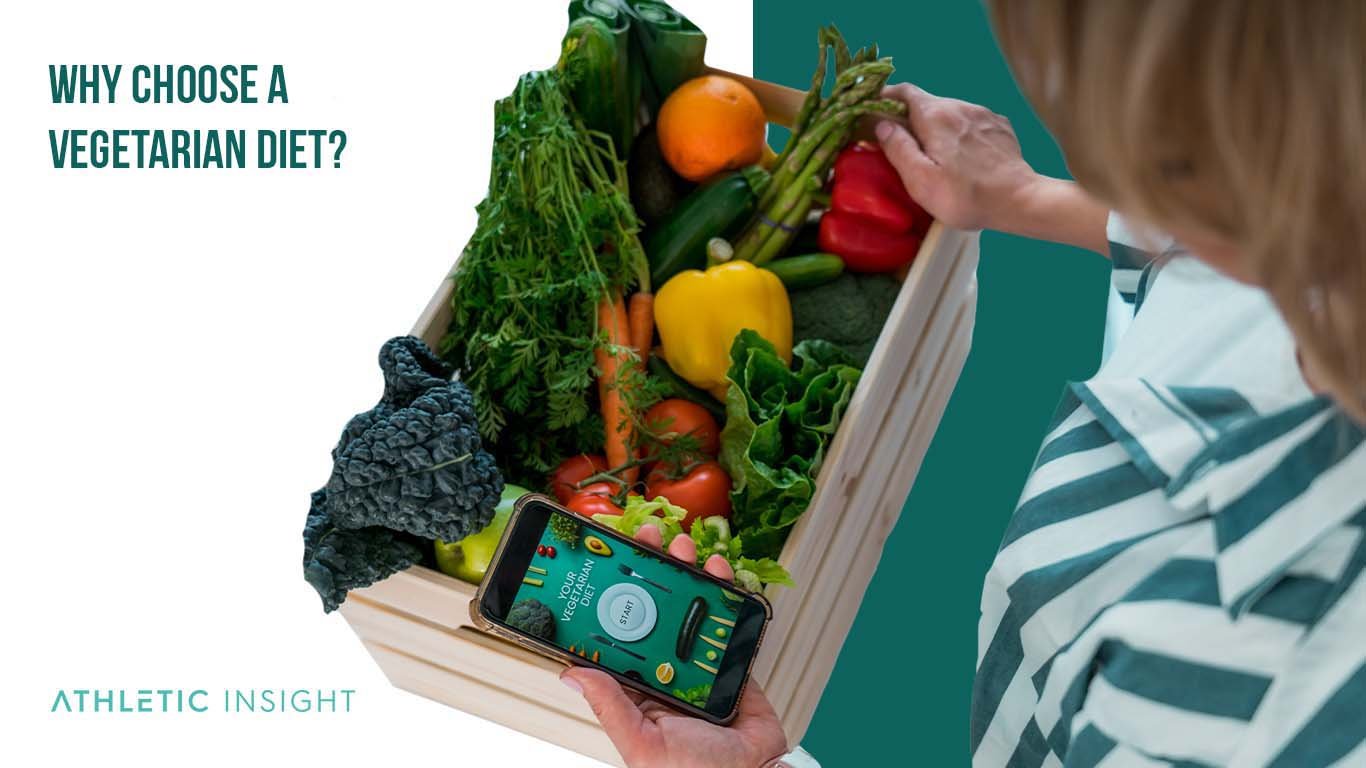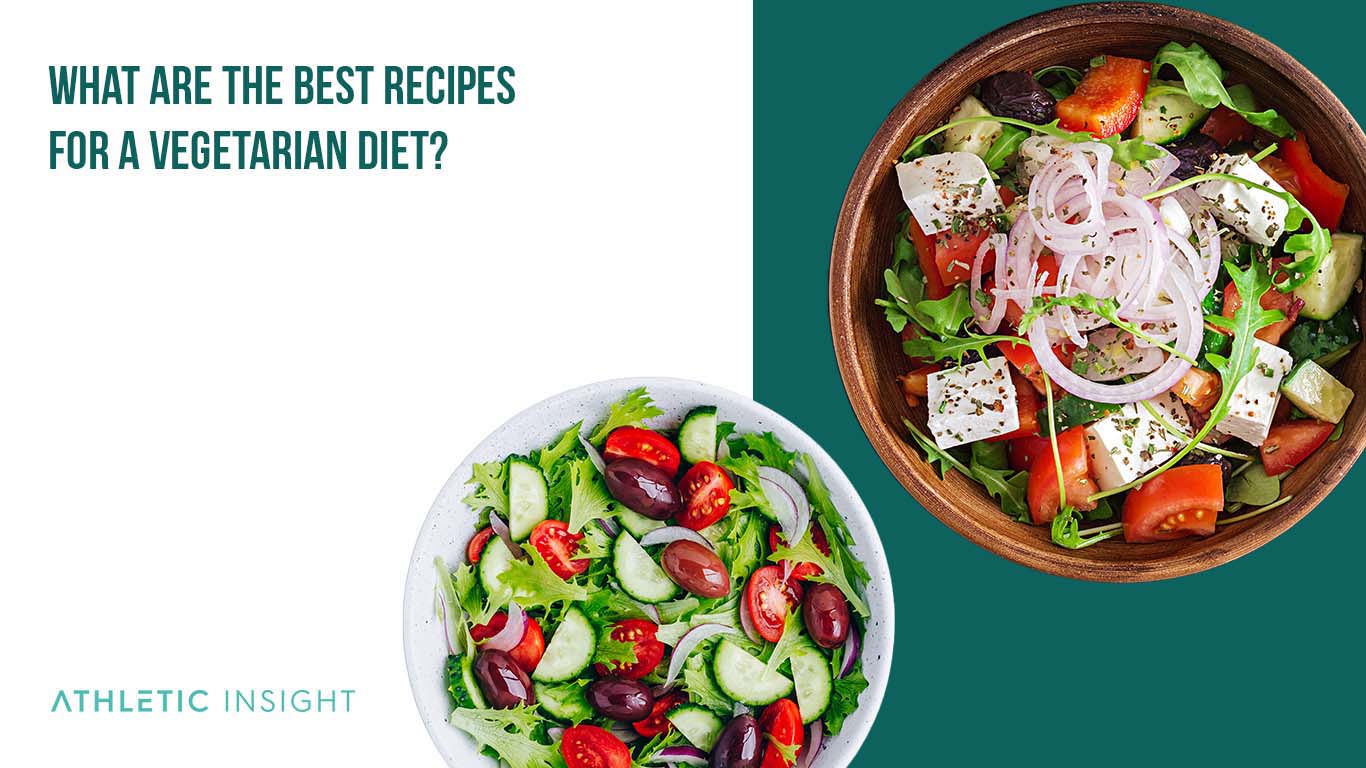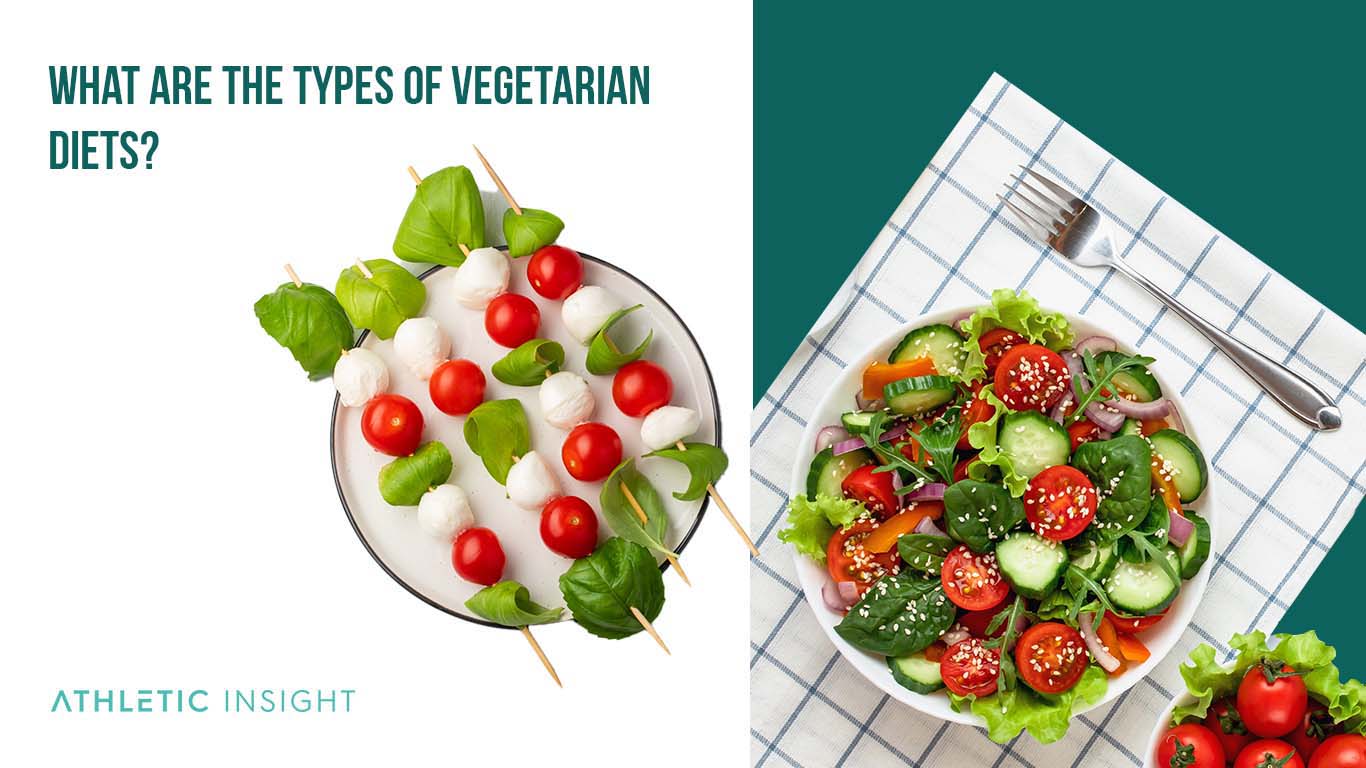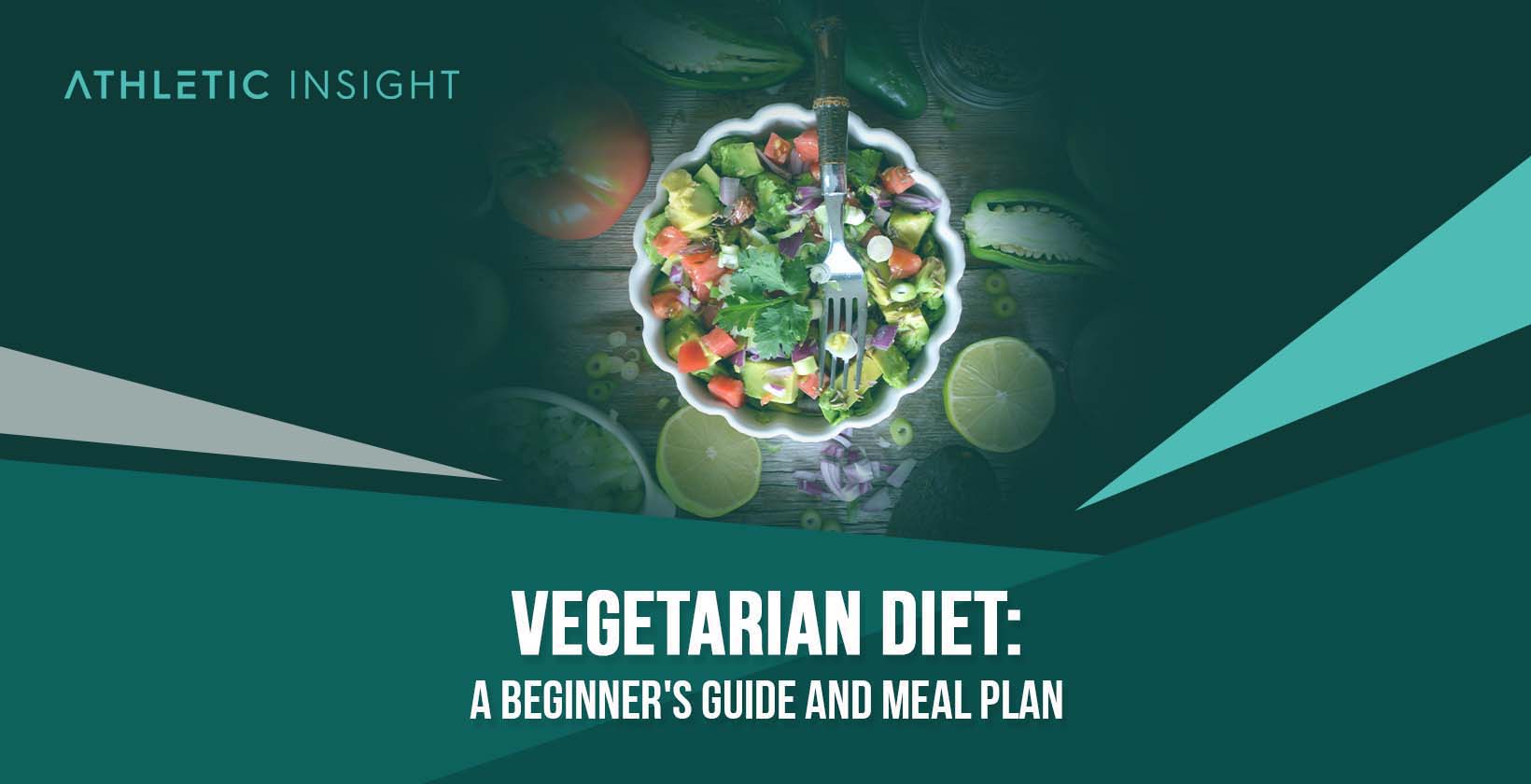A vegetarian diet is a plant-based diet that typically excludes meat and fish. Depending on which of the three core vegetarian diets you choose to follow, a vegetarian diet can also include dairy, eggs, and some meat.
There are several reasons why people choose to follow a vegetarian diet. For some, it is a way of life based on ethical and environmental concerns. For others, it is a health decision. While the health community is split on whether or not a vegetarian diet is best, there are some undeniable health benefits to avoiding meat.
There are seven different vegetarian diets, each with its own guidelines. The seven main types of vegetarianism are lacto-vegetarian, ovo-vegetarian, lacto-ovo-vegetarian, pescetarian, flexitarian, pollotarian and vegan
The following is a basic guide to following a vegetarian diet. If you are thinking about starting a vegetarian diet, be sure to do your research and consult with your doctor to ensure that it is the right decision for you.
Why Choose a Vegetarian Diet?
Some people choose a vegetarian diet for ethical reasons, believing that killing animals for food is wrong. Others have environmental concerns as the meat industry significantly contributes to greenhouse gas emissions. Still, others believe that a vegetarian diet is healthier than one that includes meat.

Others restrict themselves to a vegetarian diet due to health issues. There have been numerous studies that point to meat products as being cancer-causing for Homo Sapiens. Since humans have evolved from evolution, consuming a vegetarian diet is most consistent with the diets of our ancestors.
What Are the Health Benefits of a Vegetarian Diet?
Vegetarian diets provide many health benefits such as better heart health, reduction of cancer, prevention of diabetes, lower blood pressure, and a reduction in asthma symptoms.
1. Promotes Heart Health
Vegetarian diets enhance heart health by reducing cholesterol and blood pressure. These diets are also low in saturated fats, which contribute to heart disease.
2. Reduces Cancer Risk
A vegetarian diet also reduces the risk of cancer. Studies have found vegetarians are less likely to develop colon, ovarian, and breast cancer.
3. Prevents Type 2 Diabetes
Vegetarian diets can also help prevent type 2 diabetes. A vegetarian diet for weight loss helps keep blood sugar levels in check and aids in lowering body fat and mass, which are significant factors in type 2 diabetes.
4. Lowers Blood Pressure
Vegetarian diets help lower blood pressure by reducing the number of saturated fats and cholesterol in the diet. These diets are also high in potassium, which helps to regulate blood pressure.
5. Decreases Asthma Symptoms
A vegetarian diet also decreases the symptoms of asthma. While research into this subject is still in the beginning stages, it is most likely because a vegetarian diet reduces inflammation in the body.
What Are the Health Risks of a Vegetarian Diet?
Some health risks are associated with vegetarianism, especially if not done correctly. Some of these include choline crisis, hair loss, lack of calcium, and lack of vitamin D.
1. Choline Crisis
This is a condition that can occur when following a vegetarian diet. Choline is an essential nutrient found in meat, eggs, and dairy. It is crucial for the proper function of cells, nerves, and the brain, and vegetarian diets tend to be low in choline.
When choline is not present in the diet, it can lead to a choline crisis, which can cause problems with memory, muscle control, and breathing.
2. Hair Loss
Hair loss may occur due to a lack of protein and nutrients. It is essential to ensure that you are getting enough protein and nutrients if you are following a vegetarian diet.
3. Lack of Calcium and Vitamin D for Bone Health
Not eating the right foods can lead to a lack of calcium and vitamin D, which are essential for bone health. It is important to make sure you are getting enough of these vital nutrients!
How To Do a Vegetarian Diet?
There are many ways to do a vegetarian diet. The most important thing is to ensure that you get all the nutrients your body needs. Here are tips for making the most of a vegetarian diet.
1. Get Enough Protein
Protein is essential for the body to build and repair tissues. It is also important for the body to make enzymes and hormones. Good protein sources include beans, lentils, tofu, nuts, and seeds.
2. Eat Plenty of Fruits and Vegetables
Fruits and vegetables are an awesome source of vitamins and minerals. They are also a good source of fiber.
3. Get Enough Calcium, Iron, and B12
Calcium is essential for bone health. Iron is vital for the body to make red blood cells. B12 is important for the nervous system. Good sources of calcium, iron and B12 include dark leafy greens, tofu, lentils, beans, and fortified cereals.
4. Avoid Meat and Fish
Meat and fish are typically not a part of a vegetarian diet. Try your favorite dishes without meat, like spaghetti and salad, for example.
5. Do Not Eat Processed Foods
Processed foods are high in calories and low in nutrients. They are also often high in unhealthy fats, salt, and sugar.
6. How Many Calories Should You Consume When Doing a Vegetarian Diet?
The number of calories you need depends on age, sex, height, weight, and activity level. The average person needs 2,000 calories a day. If you are trying to lose weight, you may need to eat fewer calories. You may need to eat more calories if you are trying to gain weight.
7. What Is the Proposed Time Frame for Vegetarian Diet?
There is no proposed time frame for a vegetarian diet. You can do a vegetarian diet for a day, a week, a month, or even a lifetime. It’s all about finding a healthy balance that works for your body.
8. What Are the Best Practices To Follow a Vegetarian Diet?
There are two best practices to follow when doing a vegetarian diet. First, supplement your diet with vitamins and minerals. This is especially important if you are not getting enough from your food.
Second, make sure you are getting enough protein. You can do this by including beans, lentils, tofu, nuts, and seeds in your diet.
What Are the Foods That You Can Eat While on a Vegetarian Diet?
Here is a vegetarian diet food list you can eat on a vegetarian diet. It is worth noting that there are different types of vegetarian diets, so this list may not be accurate depending on the diet you follow.
1. Fruits
- Oranges
- Apples
- Bananas
- Grapes
- Strawberries
- Blueberries
2. Vegetables
- Spinach
- Kale
- Broccoli
- Carrots
- Sweet potatoes
- Tomatoes
3. Grains
- Rice
- Quinoa
- Oats
- Bread
- Pasta
4. Legumes
- Beans
- Lentils
- Tofu
- Tempeh
5. Nuts
- Almonds
- Cashews
- Pistachios
- Chia seeds
- Flax seeds
6. Seeds
- Pumpkin seeds
- Sunflower seeds
- Sesame seeds
7. Healthy fats
- Olive oil
- Avocado
- Coconut oil
8. Proteins
- Plant-based milks
- Protein powder
The most important foods to include in your diet are green leafy vegetables, legumes, nuts, plant-based milks, and eggs. The reason these foods are important is that they provide a combination of calcium, magnesium, zinc, iron, iodine, B12, and vitamin D.
What Are the Foods That You Should Avoid While on a Vegetarian Diet?
Here is a list of the foods to avoid while on the Vegetarian Diet. As previously mentioned, some of these foods may be allowed if you are following one of the vegetarian diets that allows dairy, eggs, fish, or even meats.
1. Meat
- Beef
- Pork
- Lamb
- Chicken
- Turkey
2. Poultry
- Duck
- Goose
- Quail
3. Fish and shellfish
- Tuna
- Salmon
- Trout
- Mackerel
4. Meat-based ingredients
- Bacon
- Sausage
- Ham
- Hot dogs
- Ground beef
5. Eggs (optional)
- Whole eggs
- Egg whites
6. Dairy products
- Milk
- Cheese
- Ice cream
- Butter
Who Should Do a Vegetarian Diet?
The best candidates for the vegetarian diet are people who want to improve their health and lose weight. This diet is also suitable for people with high blood pressure, heart disease, or are type 2 diabetic. However, anyone can try it.
Can a Bodybuilder Follow a Vegetarian Diet?
Yes, a bodybuilder can follow a vegetarian diet. The key is ensuring you get enough protein, iron, and zinc. Vegetarian bodybuilding diets are easy to follow as long as you prepare ahead of time.
There are several benefits of following a vegetarian diet like a bodybuilder. You will lose fat, build muscle, and have more energy without eating foods that could negatively impact your health long-term.
The best way to follow a vegetarian bodybuilding diet is through meal prep. Set a day and time every week to cook all of your meals for the week.
Another way to follow this diet is always to carry healthy vegetarian snacks. They eliminate the need to stop at a fast-food place or be tempted by unhealthy foods. Some good snacks include protein bars, fruit, nuts, and seeds.
How To Get High Protein in a Vegetarian Diet?
The best protein sources for vegetarian diets to help you reach a healthy calorie count are rice and beans, quinoa, Ezekiel bread, and chia. They can all be served and consumed alongside fruits and vegetables.
What Are the Best Recipes for a Vegetarian Diet?
Here are five great recipes for vegetarian diets that we have compiled from the internet. Surprisingly, there are many recipes you can follow without the need for meat, dairy, or even eggs.

- Tuscan Beans with Tomatoes and Oregano: A fabulous salad that combines balsamic vinegar, oregano, chickpeas, and romaine lettuce, the Tuscan Beans with Tomatoes and Oregano is a great cold recipe for lunch or dinner.
- Roasted Cauliflower with Tahini Sauce: This dish is roasted cauliflower covered in tahini sauce and served over rice. It is healthy and filling, making it a great dinner option.
- Black Bean Brownies: These black bean brownies are a delicious and healthy way to satisfy your sweet tooth without all of the guilt.
- Quinoa and Black Bean Salad: The quinoa and black bean salad is a great way to get your protein and fiber. It is also a good source of vitamins and minerals.
- Brazilian Rice Casserole: This casserole is a great option for dinner. It is packed with protein and fiber and is very filling.
What Is a Sample Vegetarian Diet Plan?
Here is a simple vegetarian diet plan to help you get started. You should only use this as a guide, not an exact meal plan. You will need to consume the amount of macronutrients that makes sense for you, which may be more or less than what is mentioned below.
- Breakfast: Blackberry and strawberry smoothie
- AM Snack: 1/4 cup cashews
- Lunch: Tuscan beans with tomatoes and oregano over a bed of spinach
- PM Snack: One apple with two tablespoons of almond butter
- Dinner: Roasted cauliflower with tahini sauce served over quinoa
This diet plan is around 1,500 calories. It is a great starting point for a vegetarian bodybuilder diet. If you are not getting enough calories, you can add more snacks or increase the portion size of the meals.
Is a Vegetarian Diet Considered a Healthy Diet?
Yes, the vegetarian diet is considered a healthy diet. It is high in fiber, low in saturated fat, and rich in vitamins and minerals. The vegetarian diet has been shown to lower heart disease, stroke, and cancer risks.
Is a Vegetarian Diet Expensive?
Yes, the vegetarian diet can be more expensive than the average diet because you have to buy more fruits, vegetables, and whole grains. Not to mention, you will likely need more food to meet calorie requirements.
What Are the Types of Vegetarian Diets?
There are seven main vegetarian diet types; Lacto-ovo-vegetarian, Lacto-vegetarian, Ovo-vegetarian, Pescetarian, Vegan, Flexitarian, Pollotarian.

- Lacto vegetarianism: This diet includes dairy products but excludes eggs and other animal-based foods.
- Ovo vegetarianism: The ovo vegetarianism diet includes eggs but excludes dairy products and other animal-based foods.
- Lacto-Ovo Vegetarianism: This diet includes both eggs and dairy products.
- Veganism: A vegan diet excludes all animal products, including dairy, eggs, and honey.
- Pescetarianism: A pescetarian diet includes the consumption of fish, but to a limited quantity.
- Pollotarianism: A pollotarian diet includes the consumption of poultry products, but to a limited quantity.
- Flexitarianism: A flexitarian diet consisting of all food options, including meat. This diet is named for the flexibility it allows. Still, even though the food options are flexible, there are still maximum quantities that a person can consume
- Thrive: A thrive diet is a plant-based, whole-foods diet designed to improve energy levels, health, and athletic performance while reducing environmental impact. It emphasizes eating raw and minimally processed foods, with a focus on nutrients to support overall well-being and physical fitness.
What Is the Difference Between a Vegetarian and Vegan Diet?
Vegetarian and vegan diets both come with their own benefits. While similar, they do ultimately differ in their limitations. Vegetarianism is a diet that excludes all animal flesh, including poultry, red meat, and seafood. On the other hand, vegan diets exclude all animal products, including dairy, eggs, and honey.
They both base consumption on plant foods and exclude animal foods. Both diets provide health benefits, including weight loss, lower blood pressure, and a reduced risk for heart disease and some types of cancer.



